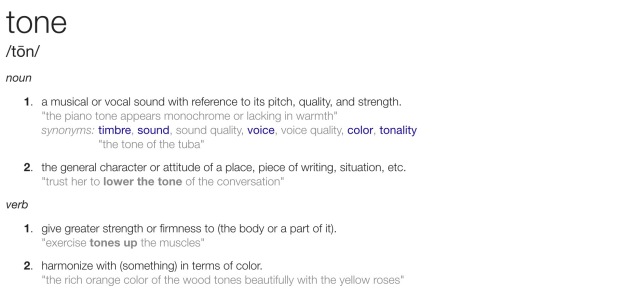
This morning Bishop Cynthia Fierro Harvey of the Louisiana Area preached on Matthew 22:1-14. She called us to put on the garment of grace that’s available to all. She called us to stop drawing a line in the midst of the conference floor and instead to join together to be agents of God’s transformation in the world. She called us to be open to reversal, to be willing to join the feast!
Those late-comers – the fit and misfit, the ones from the edge of town, the ones from the other side of the tracks, from el barrio, the ones who spoke a different language, the poor, the prostitutes – yea those – were provided appropriate attire when they arrived.
Bishop Cynthia Fierro Harvey, Louisiana Area
So the God that we serve is the God who provides us for the way that leads to life. No trickery, smoke and mirrors, or special knowledge. The challenge is our willingness to take on Christ, our willingness to put on a common identity in the midst of our differences. Our willingness to join the party!
I’m wondering how we do this?
At this General Conference we tried to live into a model of conferencing that was centered on conversations (Rule #44). This model was rejected by this General Conference after much debate about how we guide our legislative life. Yet I believe that if we are to put on the garment of grace that we must begin by gathering together, sharing our stories, our hopes, our fears and our brokenness, our need for forgiveness, and our hunger for new life. The local church, our districts, and our Annual Conferences might be the best equipped communities to practice this way of living life together, this way of trying on Christ, again and again.
I also wonder if a second key aspect is the going out, as Matthew 12:4 (The Voice Bible) reminds us:

I wonder how often we let others know about the banquet? Do we see our life together as a feast worthy of inviting others to? What does this feast look like, how are we celebrating together? How are we flourishing?
This could just turn the world upside down. This is what it means to be people of the cross, people of the resurrection, Easter people!
People who are ready for a reversal- a world that is turned upside down. A world that is transformed. A world where all God’s people experience an abundant life in Christ.
Bishop Cynthia Fierro Harvey, Louisiana Area
I am thankful for the Bishop’s challenge this morning. I think her challenge is not only for General Conferece but a challenge to all of us as members of the community of disciples. We taking seriously our calling to be agents of God’s love in the world. We agents of the reversal, the healing of the communities we live in, we agents of our shared growth in love, we agents of the grace given to us.
I am ready to go to the party, ready to put on the robe of righteousness, would you join me? Let’s go!





